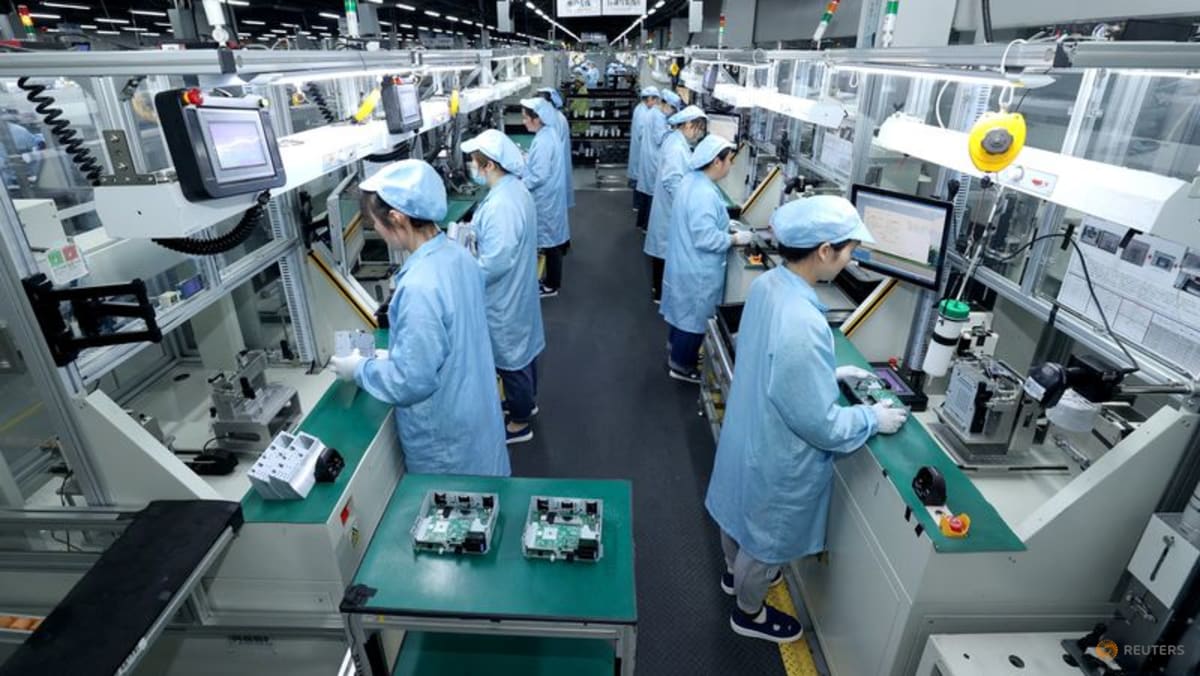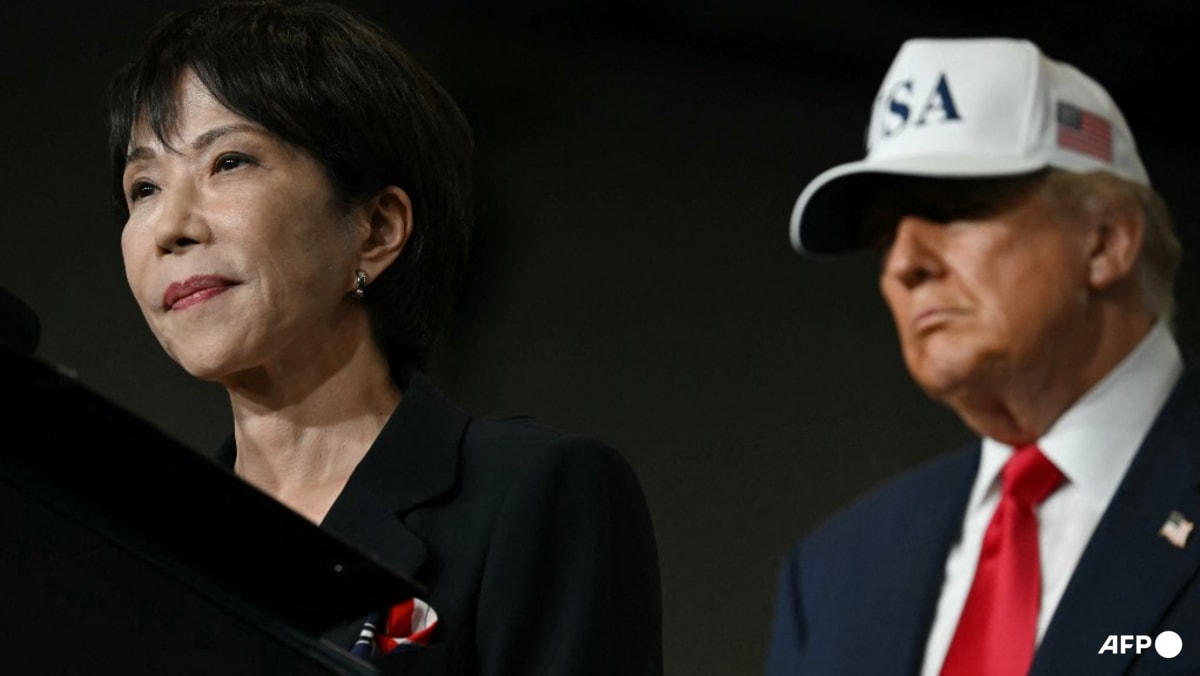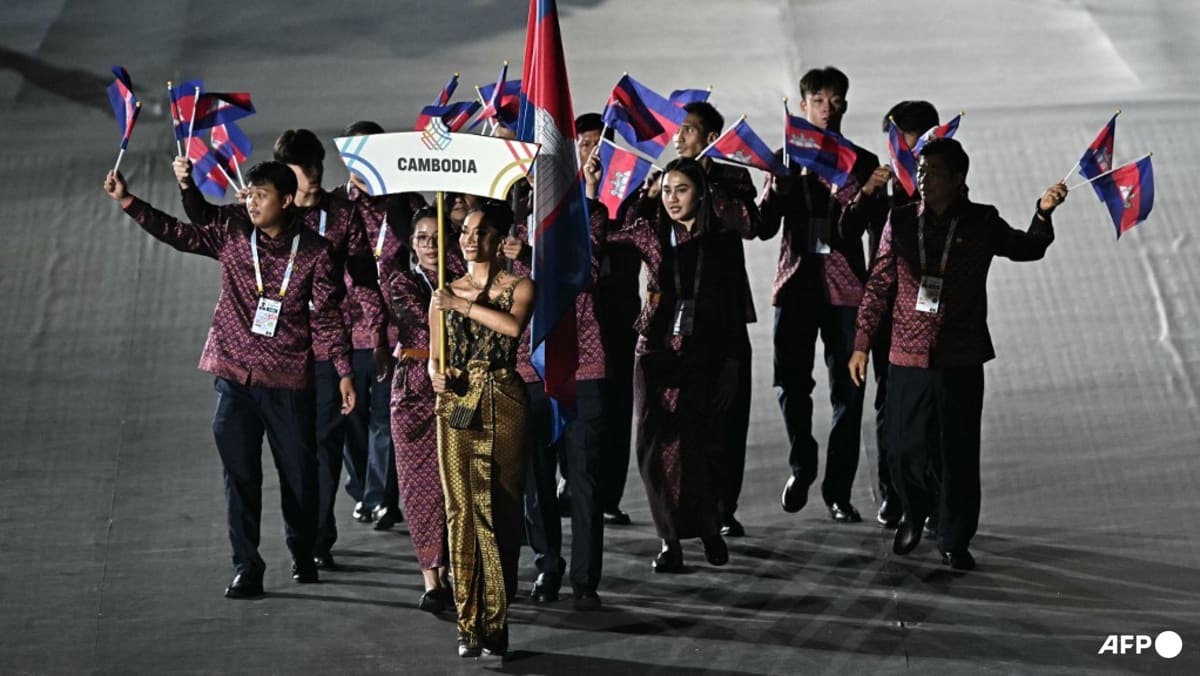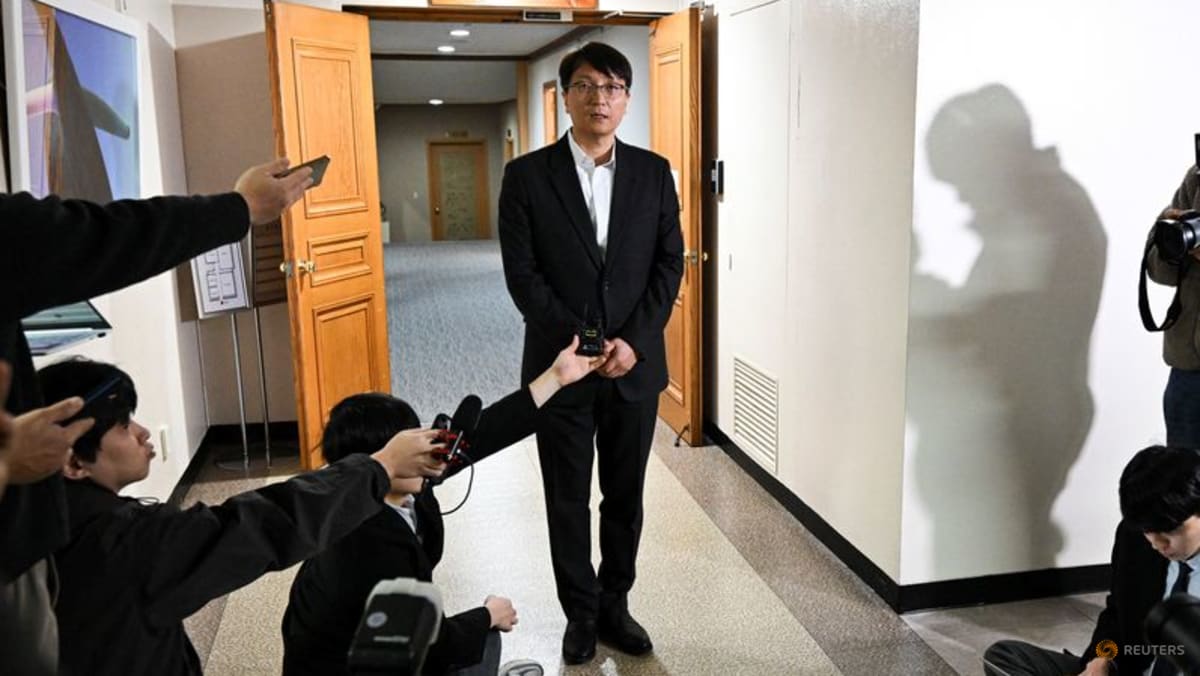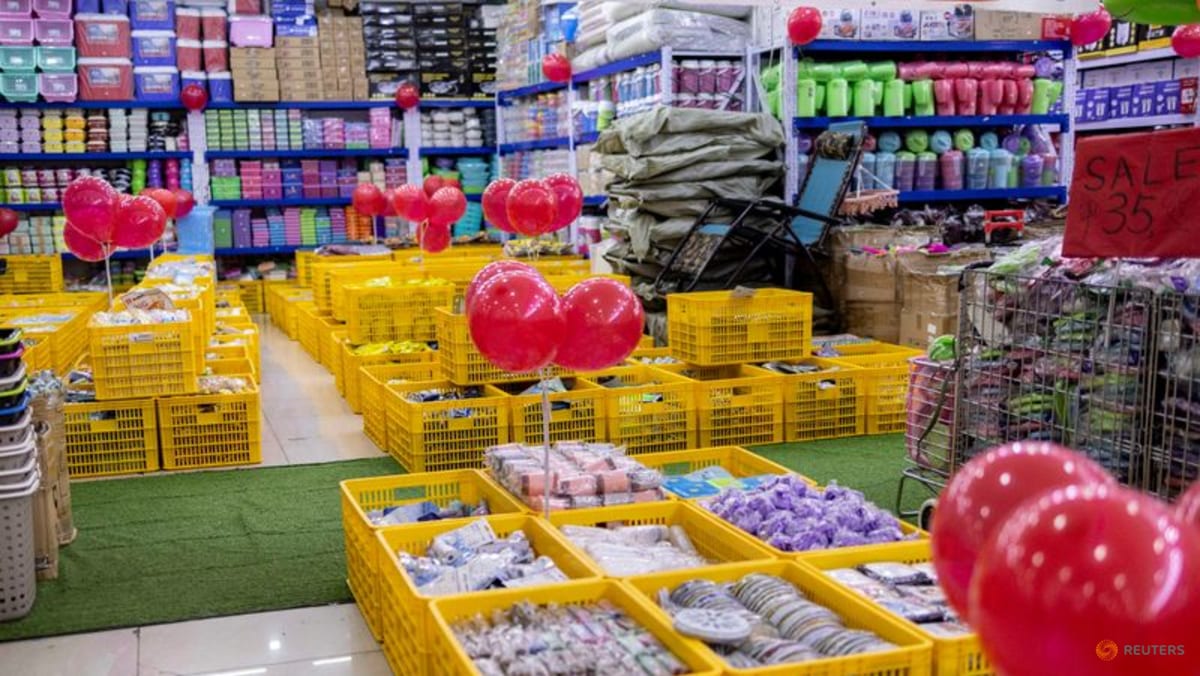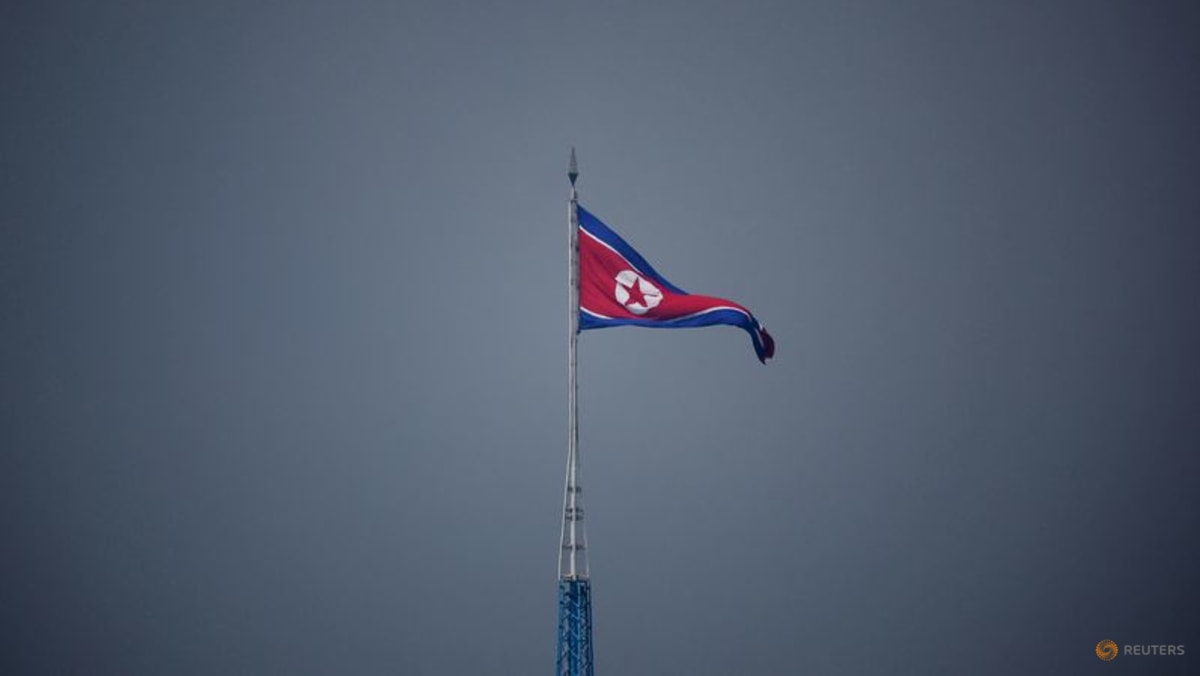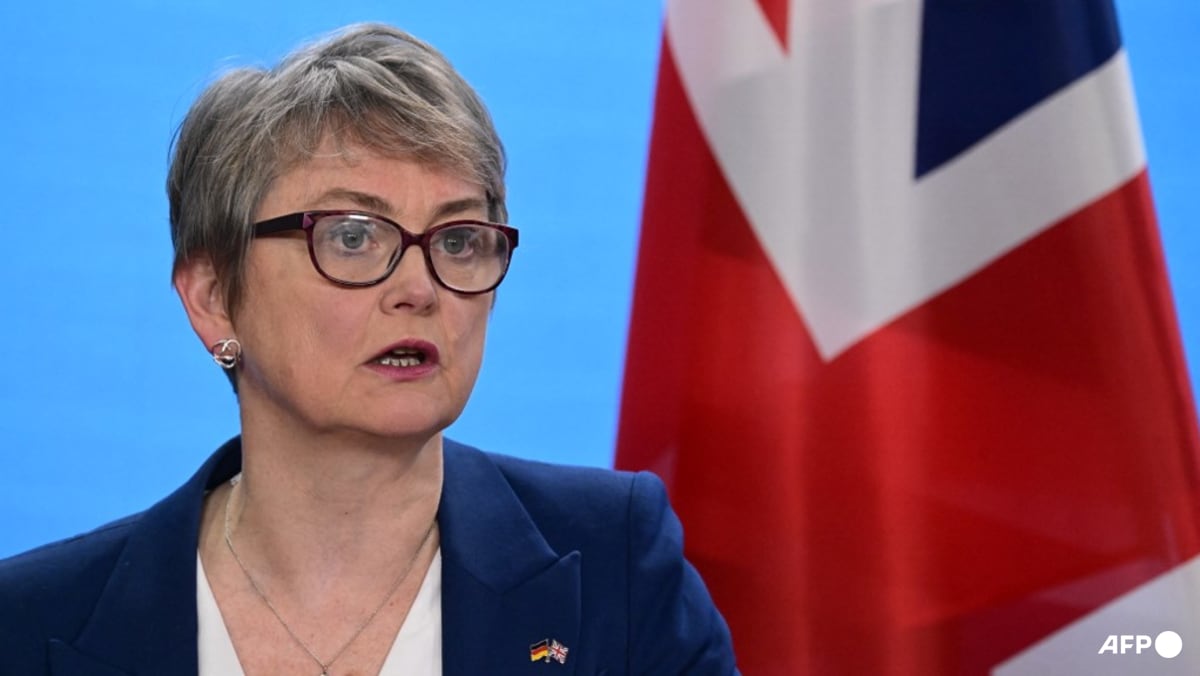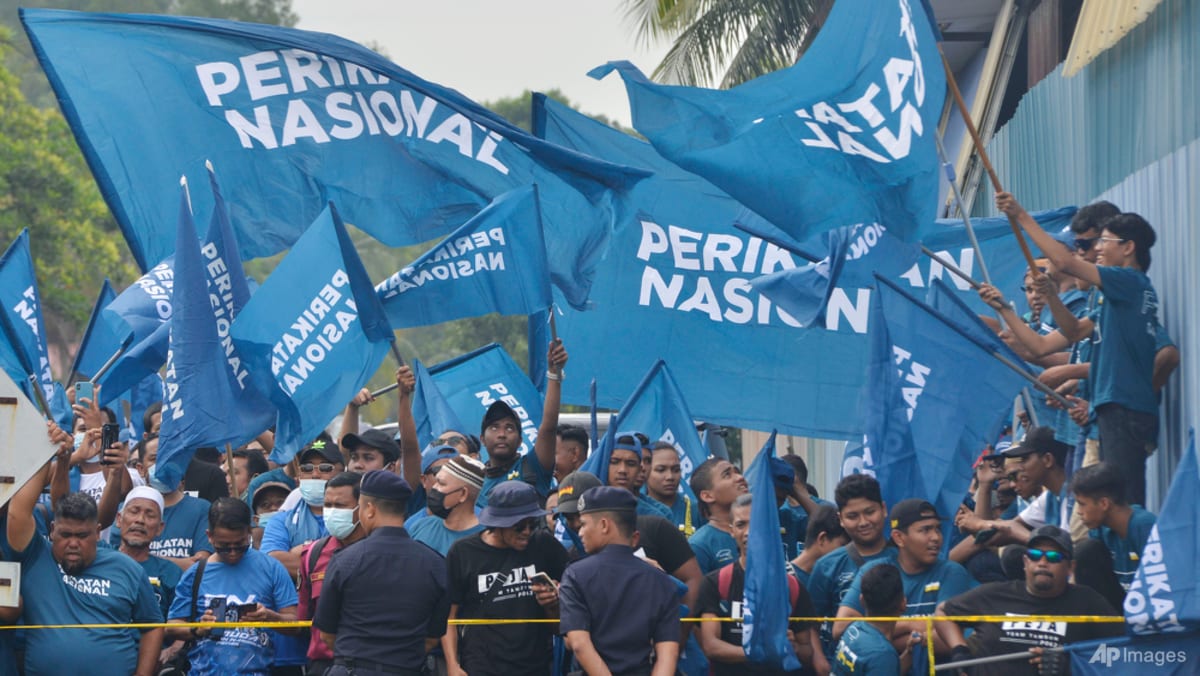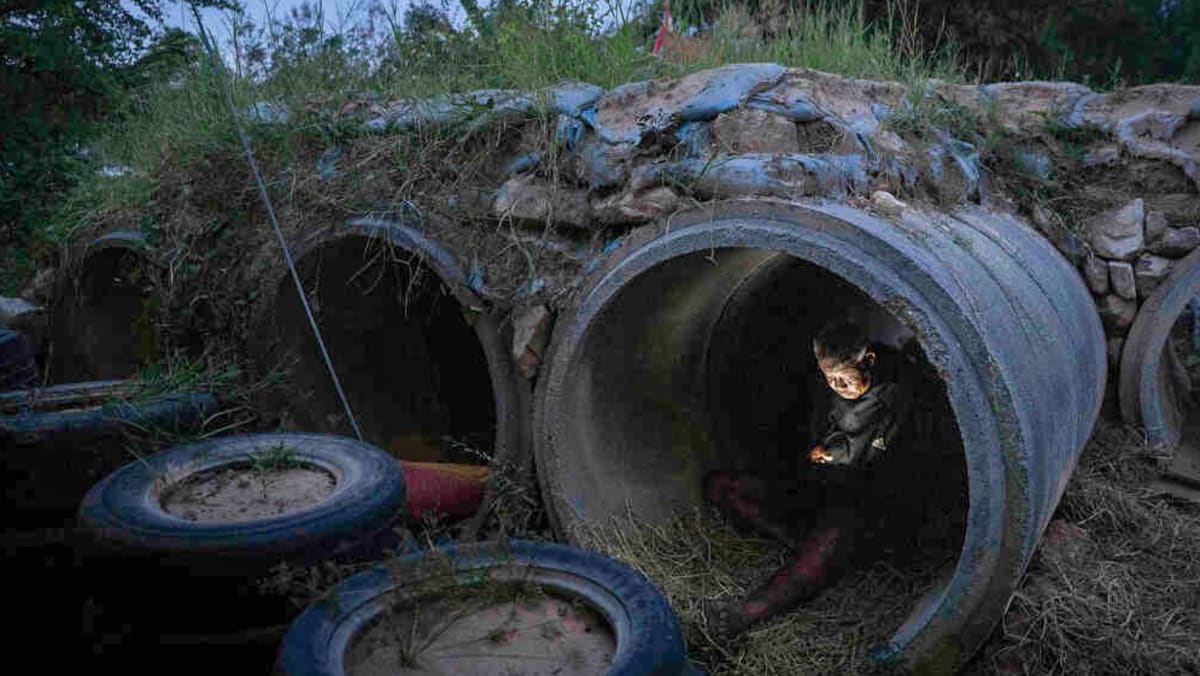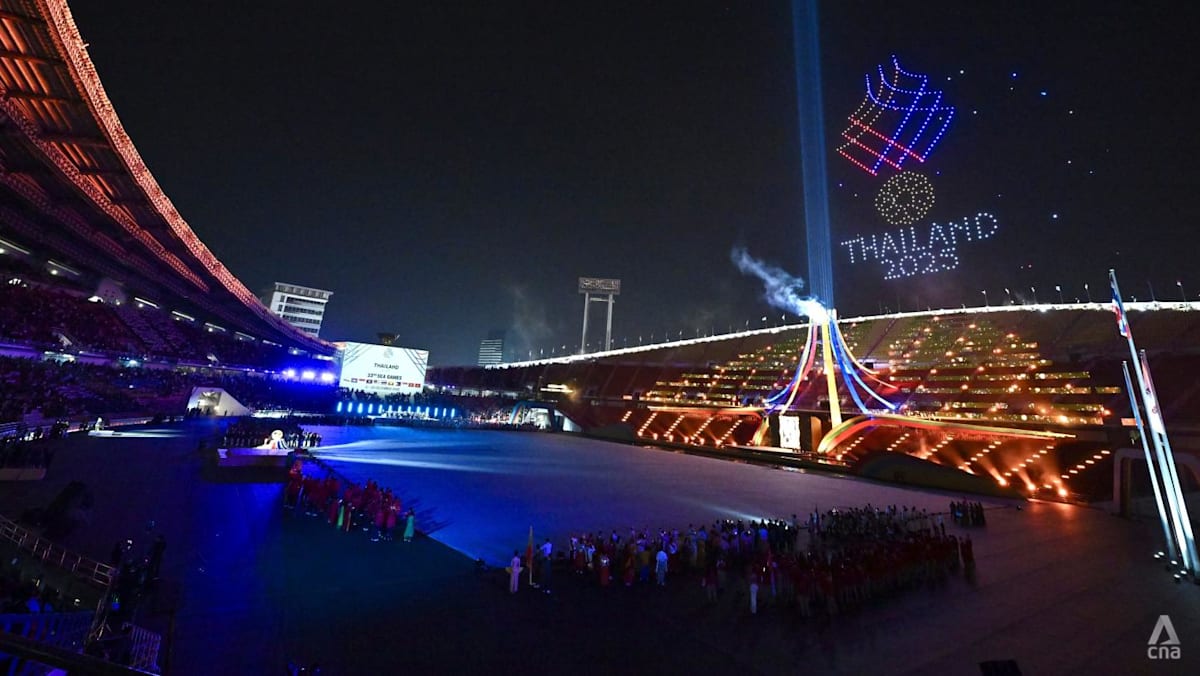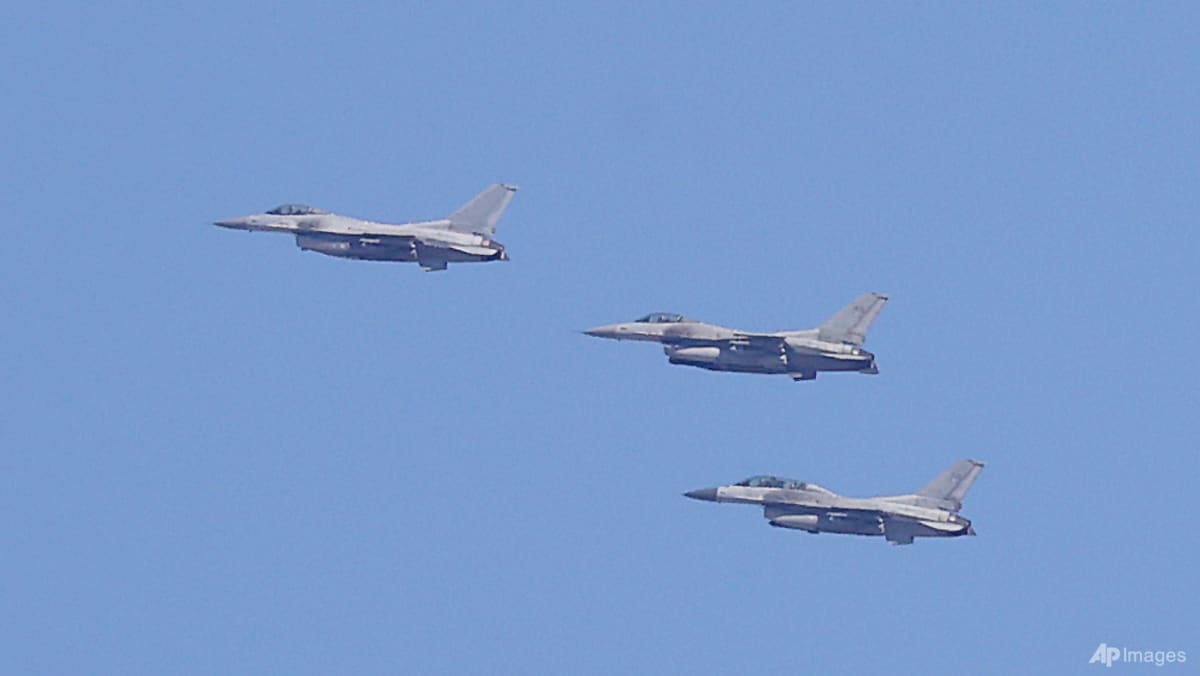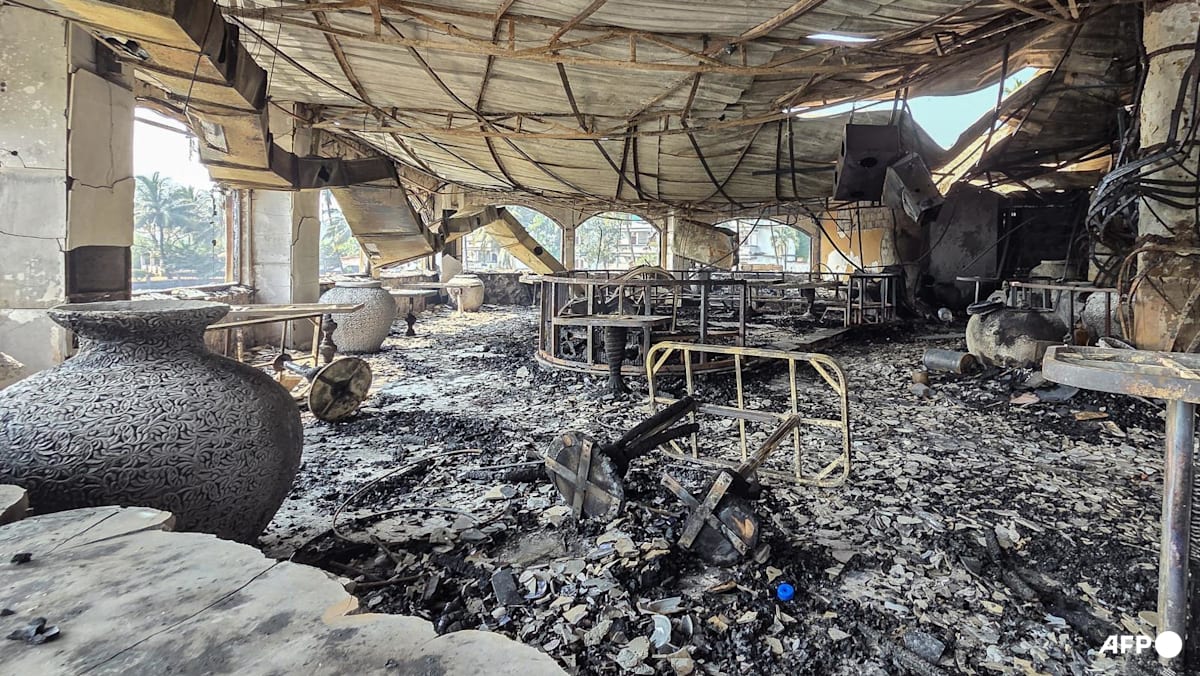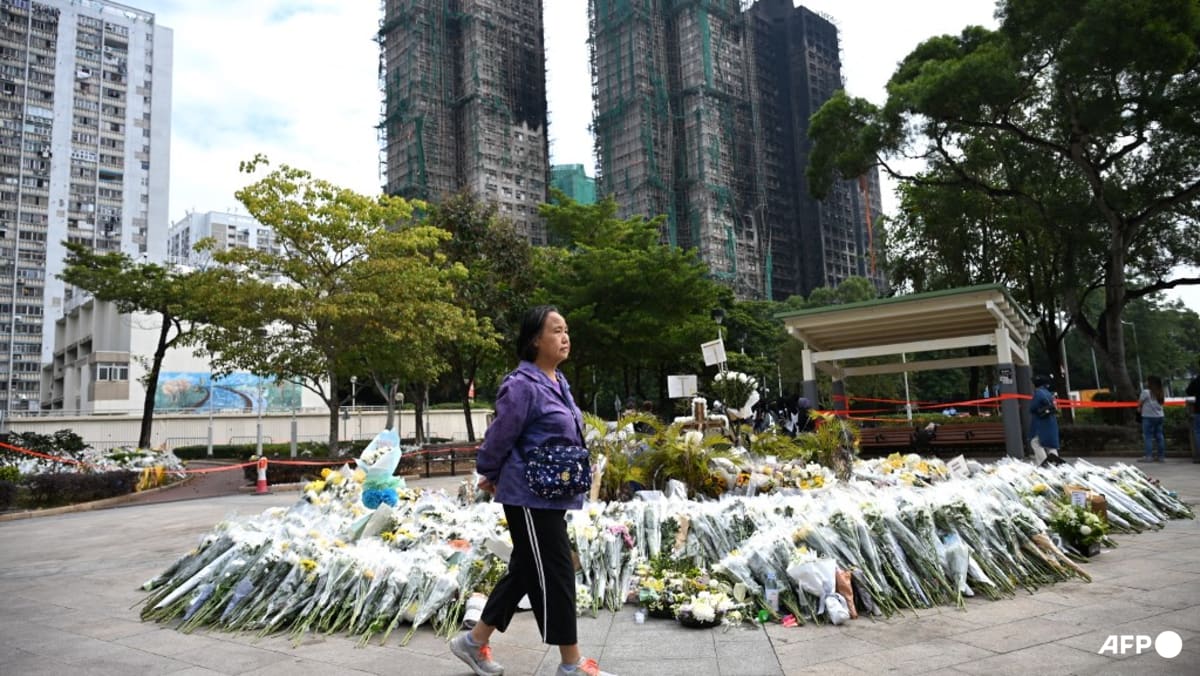Taiwan seeks ‘peaceful coexistence’ with China, president says
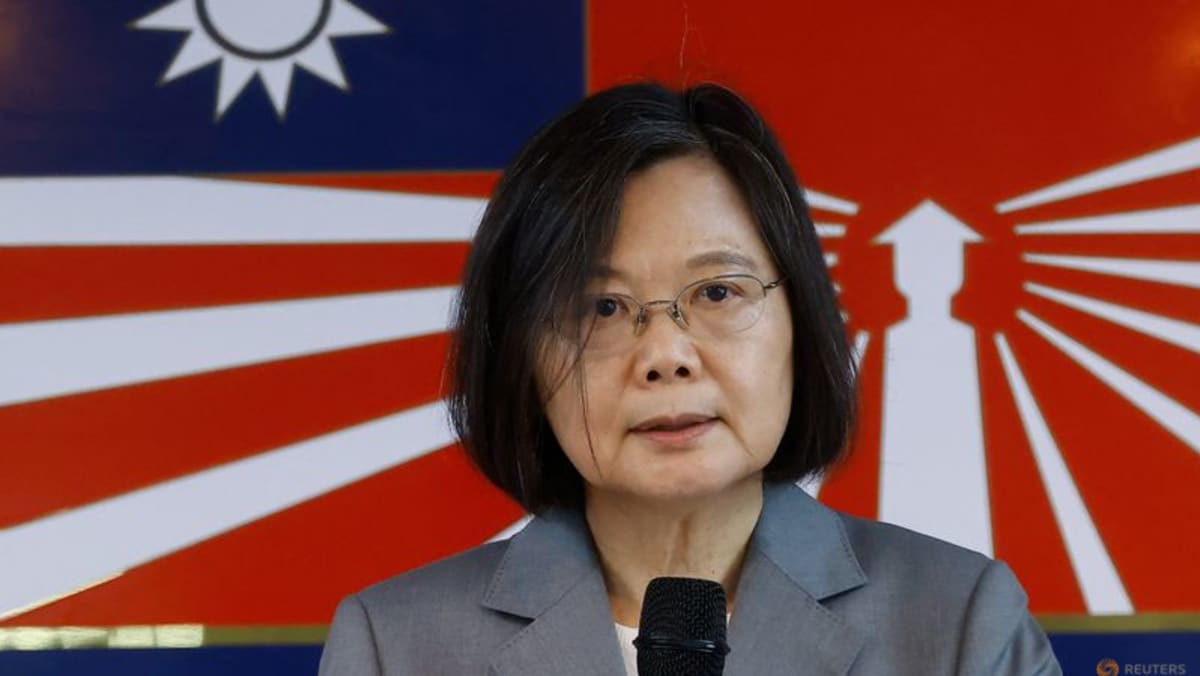
TAIPEI: Taiwan seeks “peaceful coexistence” with China with free and unrestricted interaction but the island will be democratic for generations to come, President Tsai Ing-wen said in her last national day speech on Tuesday (Oct 10).
Taiwan, claimed by China as its own territory, has come under increasing military and political pressure from Beijing, including two major sets of Chinese war games near the island since August of last year, heightening fears of a conflict which would have global ramifications.
Tsai, who cannot stand again as president at elections in January after two terms in office, has repeatedly offered talks with China, which has rejected them as it views her as a separatist.
Speaking in front of the presidential office, Tsai said the strength of international support for Taiwan had reached an “unprecedented height”.
“Since this is a time we can now face the world with confidence and resolve, we can also be calm and self-assured in facing China, creating conditions for peaceful coexistence and future developments across the Taiwan Strait,” she added.
Tsai said it was her duty to safeguard Taiwan’s sovereignty and its democratic, free way of life, seeking “free, unrestricted, and unburdened interactions” between Taiwan and China’s people.
Differences between Taiwan and China must be resolved peacefully, and maintaining the status quo is “critical” to ensuring peace, she added, to a big round of applause.
There was no immediate response from China’s Taiwan Affairs Office.
The parade part of the event featured dancers, athletes just returned from the Asian Games in China’s Hangzhou where Taiwan won 19 gold medals, as well as soldiers marching in close formation.
A formation of five of Taiwan’s new advanced jet trainers, the AT-5 Brave Eagle, flew over the venue, underscoring Tsai’s efforts to boost domestic weapons development, which includes submarines.
DEMOCRATIC AND FREE
In the face of China’s threats, Taiwan has been heartened by support from fellow democracies, especially the United States and its allies whose lawmakers and occasionally officials have flocked to Taipei, defying Chinese anger.
“With confidence, we will show the world that the Taiwanese people are dignified, independent, warm, and kind. The Taiwanese people are happy to be people of the world and will be a democratic and free people for generations to come,” Tsai said.
Tsai looked back at her major policy achievements since she took office in 2016, including marriage equality, a first for Asia, to an audience that included Canadian and Japanese lawmakers and former Australian prime minister Scott Morrison, as well as ordinary Taiwanese.
Beijing says Taiwan’s government must accept that both China and Taiwan belong to “one China”, which Tsai has refused to do.
Taiwan celebrates Oct 10 as its national day, marking an uprising in 1911 that ended China’s last imperial dynasty and ushered in the Republic of China.
The republican government fled to Taiwan in 1949 after losing a civil war with Mao Zedong’s Communists, who set up the People’s Republic of China.
The Republic of China remains Taiwan’s formal name, though the government tends to stylise it as the Republic of China, Taiwan, to distinguish it from the government in Beijing.
Source: CNA


